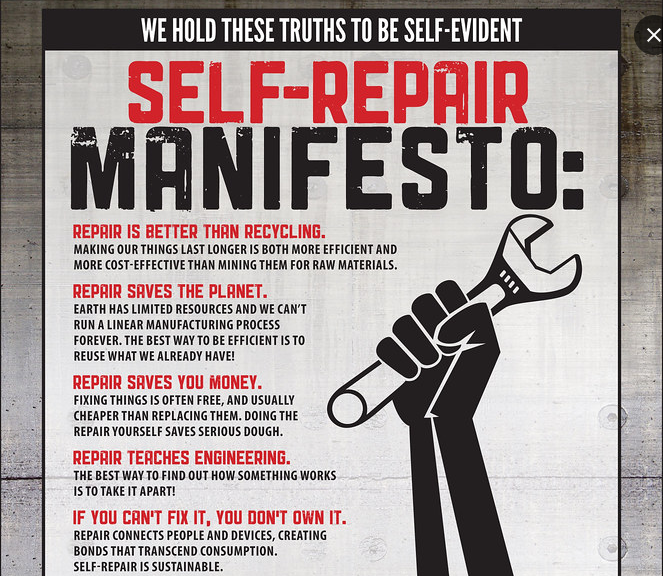


The Paradox of Family Policy
11 February 2020
Access to Social Housing: Discrimination on All Levels
13 February 2020The number of visits to emergency medical services keeps growing. According to statistics from the Ministry of Solidarity and Health, it doubled between 1996 and 2017, from 10 to 20 million. Such figures can make it hard to remember that these services have not always existed – at least at the national level – involving a significant number of deaths as a corollary.
How did these services come about? How and why did they develop? Charles-Antoine Wanecq focused his doctoral thesis on this history after receiving the 2014 prize from the History Committee on Social Security, and the French Society of Hospital History prize for his masters thesis on “15 against 18. History of medical emergencies (1965-1979)”.
Conducted under the supervision of Paul-André Rosental, University Professor of History at Sciences Po, this meticulous work required the exploration of numerous archives and interviews with many actors in the field. The quality of his investigation earned Charles-Antoine the Jean Favier Prize from the Society of the Friend of Archives in France, and the 2nd prize for his thesis from the Social Security History Committee. Presentation.
To get English subtitles switch the video language via Youtube settings

![Brancardiers portant secours à un blessé français : [photographie de presse] / [Agence Rol]. Source BNF/Gallica](https://www.sciencespo.fr/research/cogito/wp-content/uploads/2020/01/Screenshot_2020-01-22-Brancardiers-portant-secours-à-un-blessé-français-photographie-de-presse-Agence-Rol-922x480.png)

